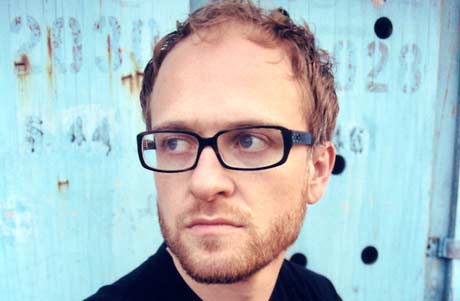This is a recording that goes to a place most of us are afraid of, the dark night of the soul. Prompted by a period of turbulent personal crisis and an innate need to reflect on the meaning of trauma for the human psyche, Dementia explores states of a disease over which there are few victors. Recorded in late night solitary sessions mostly violin with occasional multi-tracking on mandolin, slide guitar and with backgrounds from natural and electronic sources Zubots pieces correspond to aspects of the illness. "Cognitive Decline, Semantically Lost, Isolation, among the 14 panoramic tracks, detail the artists responses to the psychic sword hanging over our heads as we navigate the stormy seas of relationships and disappointments. By turns sweetly nostalgic and achingly wounded, the tunes follow this solitary odyssey, conjuring up good times lost and bad times needing pharmaceutical intervention, as on "Nootropics. But dont mistake the foregoing as a warning for "bummer ahead. Far from it. Jesse Zubots artistic vision sees that in the deepest pain and despair there is a profound value and transcendent beauty, if we have the courage to accept them, embrace them, and love them. This is beautiful music.
You subtitled Dementia "a break-up album, sort of. Thats partly a kind of joke, although I was going through an intense time period and wanted to go with that. Most of the recording was done in the wee hours, alone.
But why "dementia? I was interested in moments in peoples lives that lead to it, the breakdown. Some tracks are named after specific states. "Sundowning is the late afternoon period where people who do have dementia really lose it; "Apraxia is where theyre aware but cant move. So I tried to make each piece coincide with the definition for each title. In the end, the challenge was to get better, but technically the person didnt. The last piece is "A Wish, hoping you can cure the problem, but thats probably impossible.
The cover art is wonderful! Jessica Eaton did an analogue photograph of several people simultaneously squirting Silly String. It looks like a brain cell. Great image!
Why did you form your record label, Drip Audio? I felt I needed to get into creating as many things as I could and good way to do that was to start a label that let things be what they are, no particular categories. People in Vancouver heard about it and now its overwhelming.
(Drip Audio)You subtitled Dementia "a break-up album, sort of. Thats partly a kind of joke, although I was going through an intense time period and wanted to go with that. Most of the recording was done in the wee hours, alone.
But why "dementia? I was interested in moments in peoples lives that lead to it, the breakdown. Some tracks are named after specific states. "Sundowning is the late afternoon period where people who do have dementia really lose it; "Apraxia is where theyre aware but cant move. So I tried to make each piece coincide with the definition for each title. In the end, the challenge was to get better, but technically the person didnt. The last piece is "A Wish, hoping you can cure the problem, but thats probably impossible.
The cover art is wonderful! Jessica Eaton did an analogue photograph of several people simultaneously squirting Silly String. It looks like a brain cell. Great image!
Why did you form your record label, Drip Audio? I felt I needed to get into creating as many things as I could and good way to do that was to start a label that let things be what they are, no particular categories. People in Vancouver heard about it and now its overwhelming.




